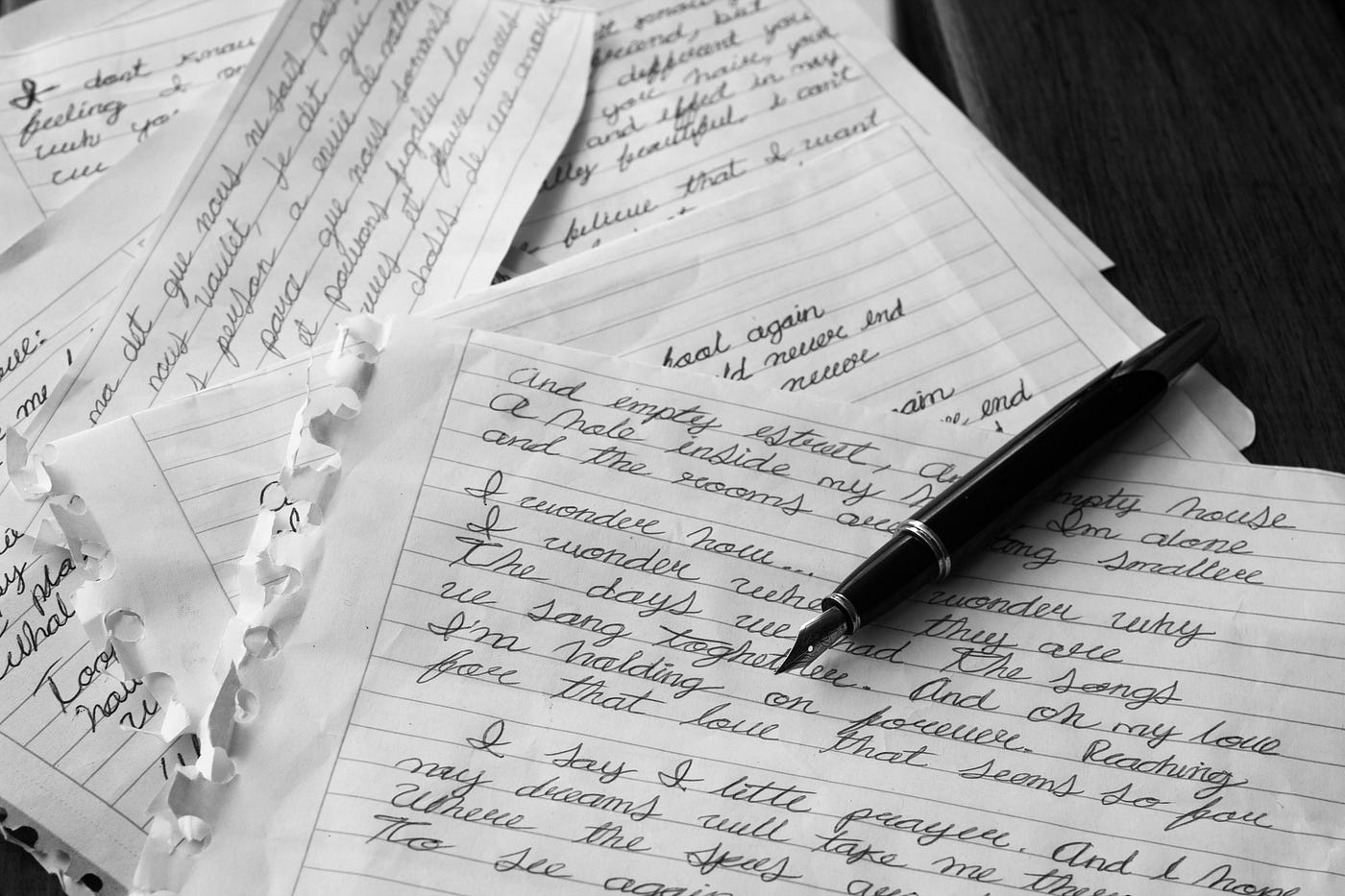Wikipedia, the online encyclopedia that anyone can edit, has become an invaluable resource for information seekers around the world. With millions of articles spanning a wide range of topics, Wikipedia has evolved into a repository of knowledge that is constantly updated and refined by a diverse community of editors. However, not all Wikipedia editors are created equal. There are certain qualities that set the best Wikipedia editors apart from the rest. In this article, we will explore these qualities and shed light on what makes a Wikipedia editor truly exceptional.
Expertise in the Subject Matter
One of the most fundamental qualities of a great Wikipedia editor is expertise in the subject matter they are editing. Wikipedia articles cover a vast array of topics, from science and history to pop culture and current events. The best editors are those who possess a deep understanding of the subject they are working on. This expertise allows them to accurately assess the quality of existing content, identify gaps in information, and provide well-researched contributions.
For example, if an editor is passionate about astronomy and has a background in astrophysics, they are more likely to make valuable contributions to articles related to celestial bodies, space exploration, and astrophysical phenomena. Their expertise ensures that the information they provide is accurate, up-to-date, and coherent.
Commitment to Neutrality
Wikipedia has a strict policy of neutrality, which means that articles should be written without bias or favoritism. The best Wikipedia editors are committed to upholding this principle. They strive to present information in a balanced and impartial manner, regardless of their personal opinions or beliefs.
Maintaining neutrality can be challenging, especially when editing controversial topics or subjects with strong emotional undertones. Exceptional Wikipedia editors are skilled at navigating these challenges and ensuring that articles remain objective and informative. They rely on reliable sources and citations to support their edits, and they are open to constructive feedback from other editors who may spot potential bias.
Strong Writing and Editing Skills
Effective communication is at the heart of Wikipedia. The best editors possess strong writing and editing skills, which are essential for crafting clear, concise, and well-structured articles. They pay attention to grammar, spelling, and punctuation, ensuring that articles are free from errors that could undermine their credibility.
Additionally, these editors understand the importance of readability and strive to make complex topics accessible to a general audience. They use plain language and avoid jargon whenever possible, making it easier for readers to grasp the content.
Attention to Detail
Wikipedia is known for its meticulous approach to citation and verifiability. Exceptional editors have a keen eye for detail and are adept at citing reliable sources to support the information presented in articles. They ensure that every statement is verifiable and that proper citations are provided.
Furthermore, these editors are diligent in their fact-checking efforts. They verify the accuracy of information before adding it to an article and are quick to correct any errors they come across. Attention to detail is critical in maintaining the credibility of Wikipedia as a trusted source of information.
Collaboration and Communication Skills
Wikipedia is a collaborative platform, and effective communication is key to successful editing. The best editors are skilled in collaborating with other editors, resolving disputes, and reaching consensus on content issues. They engage in civil and constructive discussions on article talk pages and user talk pages, striving to find common ground and improve articles collectively.
Moreover, exceptional Wikipedia editors are approachable and willing to mentor newer editors. They understand that the Wikipedia community thrives when knowledge is shared, and they actively contribute to the development of other editors’ skills and understanding of Wikipedia’s policies and guidelines.
Patience and Resilience
Editing Wikipedia can be a demanding and at times frustrating endeavor. Articles are subject to constant changes, and disputes may arise over content and formatting. The best editors demonstrate patience and resilience in the face of these challenges. They do not become discouraged by disagreements or setbacks but instead view them as opportunities for improvement.
Additionally, exceptional editors are willing to engage in the Wikipedia dispute resolution process when necessary, seeking consensus and compromise to resolve conflicts. Their ability to remain level-headed and persistent in the pursuit of quality content is a hallmark of their dedication to the platform.
Dedication to Sourcing
Sourcing is a cornerstone of Wikipedia’s reliability. Exceptional editors prioritize the inclusion of high-quality, reliable sources in articles. They understand that verifiability is crucial, and they go to great lengths to find reputable references to support the information they add or edit.
Furthermore, the best Wikipedia editors are skilled at evaluating the credibility of sources. They can discern between reliable, peer-reviewed academic publications and less credible sources, such as self-published websites or biased sources. This discernment ensures that Wikipedia maintains its reputation as a trustworthy source of information.
Adaptability to Change
Wikipedia is an evolving platform that continuously updates its guidelines, policies, and technical features. Exceptional editors are adaptable and stay informed about these changes. They are quick to adjust their editing practices to align with the latest standards and best practices.
Additionally, these editors are open to feedback and constructive criticism from the Wikipedia community. They use feedback as an opportunity for growth and improvement, making them more effective contributors over time.
Passion for Wikipedia’s Mission
At the core of the best Wikipedia editors’ work is a deep passion for Wikipedia’s mission: to provide free, reliable, and comprehensive knowledge to the world. They are motivated by a genuine desire to share knowledge and contribute to the betterment of humanity through accessible information.
This passion drives them to invest time and effort into editing Wikipedia articles, even when there is no financial reward or external recognition. They see the value in the collaborative creation of a global knowledge resource and are committed to its ongoing success.
Ethical Conduct
Finally, exceptional Wikipedia editors adhere to a strong code of ethical conduct. They do not engage in vandalism, edit wars, or any behavior that undermines the integrity of Wikipedia. They respect the platform’s policies and guidelines and contribute in a manner that promotes the well-being of the community.
In conclusion, the best Wikipedia editors possess a unique combination of expertise, neutrality, writing and editing skills, attention to detail, collaboration and communication abilities, patience, dedication to sourcing, adaptability, passion for Wikipedia’s mission, and ethical conduct. These qualities set them apart and make them invaluable contributors to the world’s largest online encyclopedia.
In a world where information is more accessible than ever before, Wikipedia editors play a critical role in curating and maintaining a vast repository of knowledge. Their dedication to accuracy, neutrality, and collaboration ensures that Wikipedia remains a trusted resource for millions of people seeking information on a wide range of topics.
So, if you’re interested in becoming a Wikipedia editor or seeking assistance with Wikipedia page creation services, remember that these qualities are the foundation of success in the Wikipedia community. Whether you’re a seasoned editor or just starting your Wikipedia journey, embodying these qualities will help you make a meaningful and lasting contribution to the world of online knowledge.










